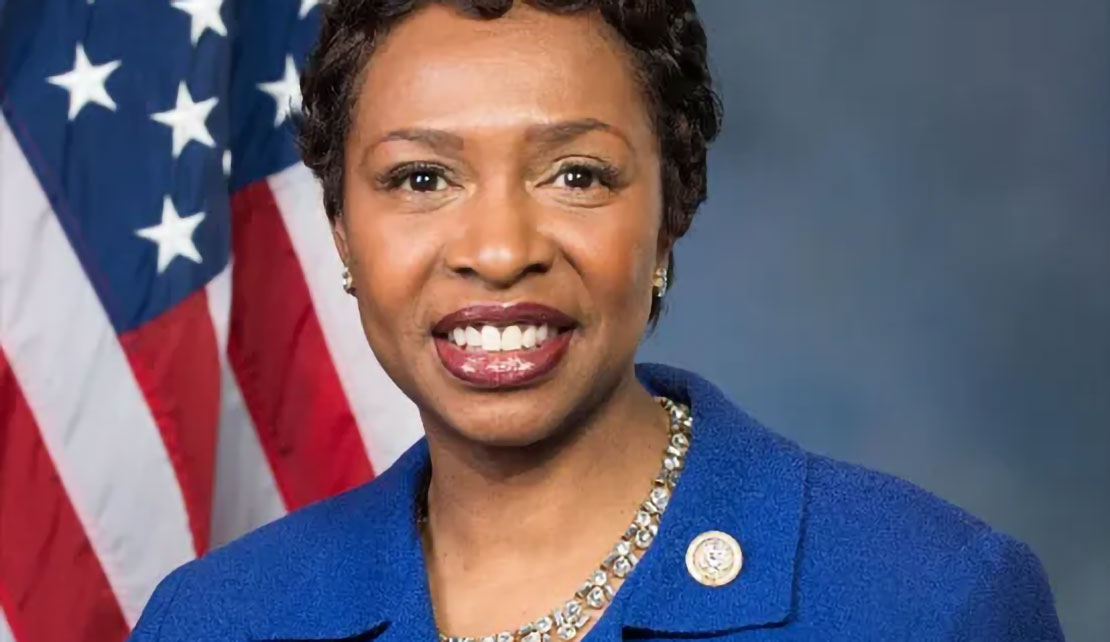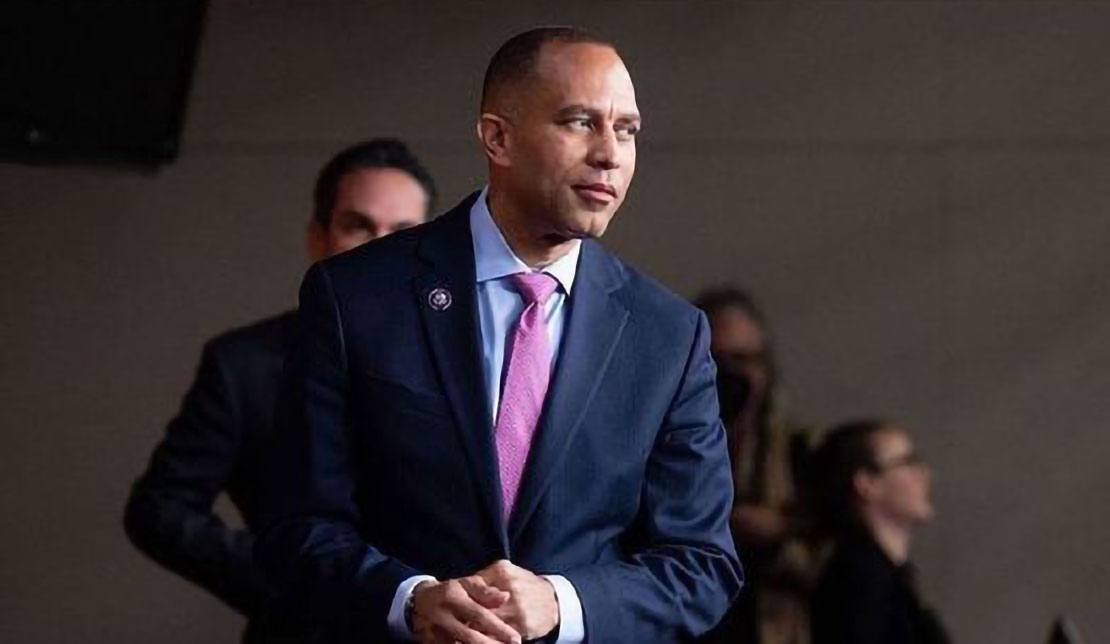Yvette Clarke, Vice Chair of Congressional Black Caucus, Hakeem Jerreries, Minority Leader

NEW YORK NY, December 3, 2022 - Caribbean American Democratic Congresswoman Yvette D. Clarke has been elected as the first vice chair of the The United States Congressional Black Caucus (CBC). Clarke, who represents the 9th Congressional District in Brooklyn, is the daughter of Jamaican Una Clarke who served in the New York City Council from the 40th district from 1992 to 2001.
Congresswoman Clarke was among several persons elected by CBC’s Executive Committee for the 118th US Congress and include Chairman Congressman Steven Horsford; second vice-chair Congressman Troy Carter; secretary, Congresswoman Lucy McBath and Democratic CBC Whip, Congresswoman Marilyn Strickland.
“It has been the honour of my career to serve as the 9th woman to chair the Congressional Black Caucus,” said CBC Chairwoman Joyce Beatty in a statement. “As the 117th Congress draws to a close, and I pass the baton to this dynamic group of dedicated leaders, I am confident our power and our message are in capable hands.”
Clarke – a senior member of both the Upper House of Representatives’ Energy and Commerce Committee and House Committee on Homeland Security, where she serves as chair of the Cybersecurity, Infrastructure Protection and Innovation Subcommittee – thanked her CBC colleagues for their support, stating that she is “blessed” to be serving with them in the forthcoming 118th Session of Congress.
“Serving on the Executive Committee of the Congressional Black Caucus in the 118th Congress is more than a privilege but an obligation that I do not take lightly,” “Each new Congress presents an opportunity for our 60-member-strong caucus to advance legislation and policy to address the myriad of persistent inequities that continue to impact Black communities across our country.”
“Before us, today, countless new dimensions to these historic challenges continue to confront Congress, and we, as a caucus, must remain vigilant if we are to overcome them,” she added.
“I have no doubt the dynamic talent and capabilities of our new Executive Committee will drive this truly extraordinary and remarkable caucus towards unseen heights and untold possibilities, from within the US Congress and beyond, into the many beloved communities that are integral to the strengthening and growth of our nation.”
“I have no doubt that our members will continue to build upon the success of our predecessors, support and uplift the causes so vital to the advancement of people of African-descent,” Clarke continued.

Democrats skipped a vote and by acclamation elected Representative Hakeem Jeffries of New York to be minority leader, making him the first Black person to claim the top spot. Representative Katherine Clark of Massachusetts was elected as whip, the lead vote counter for House Democrats, and Representative Pete Aguilar of California as the chairman of the party caucus, in charge of messaging.
For months, Democratic lawmakers have whispered that Pelosi's potential exit from Congress could pave the way for Jeffries. Jeffries said he hopes to "lead an effort that centers our communication strategy around the messaging principle that values unite, issues divide."
He also praised the past leadership but said "more must be done to combat inflation, defend our democracy, secure reproductive freedom, welcome new Americans, promote equal protection under the law and improve public safety throughout this country."
Mr. Jeffries nodded to the historic nature of his election, saying, “I stand on the shoulders of Shirley Chisholm and others,” a reference to the former representative from his district who in 1968 became the first Black woman to be elected to Congress.
Democrats, for the most part, said they saw the lack of competitive races as a sign of strength and unity, and a stark contrast to the fractured Republican conference.
